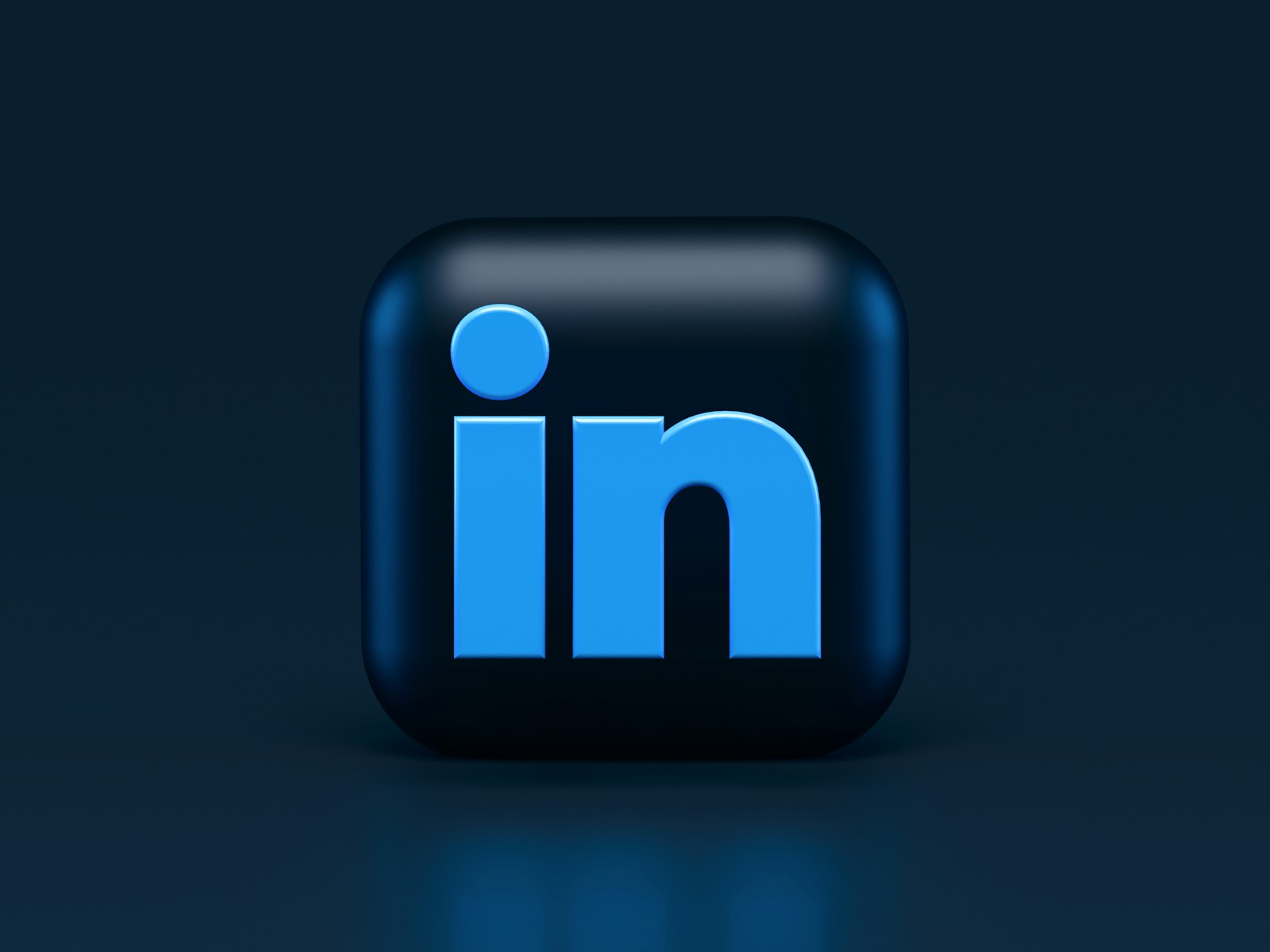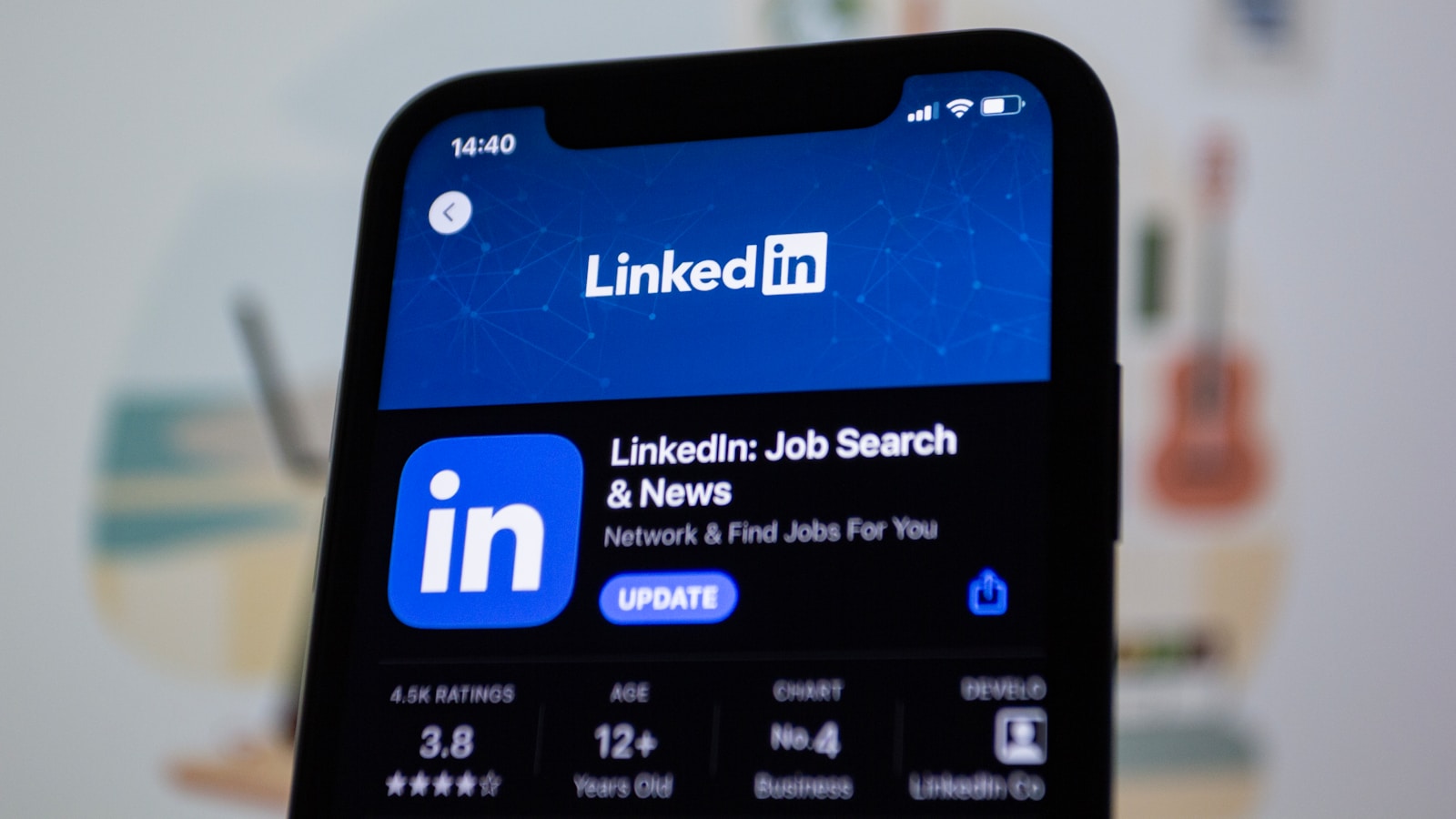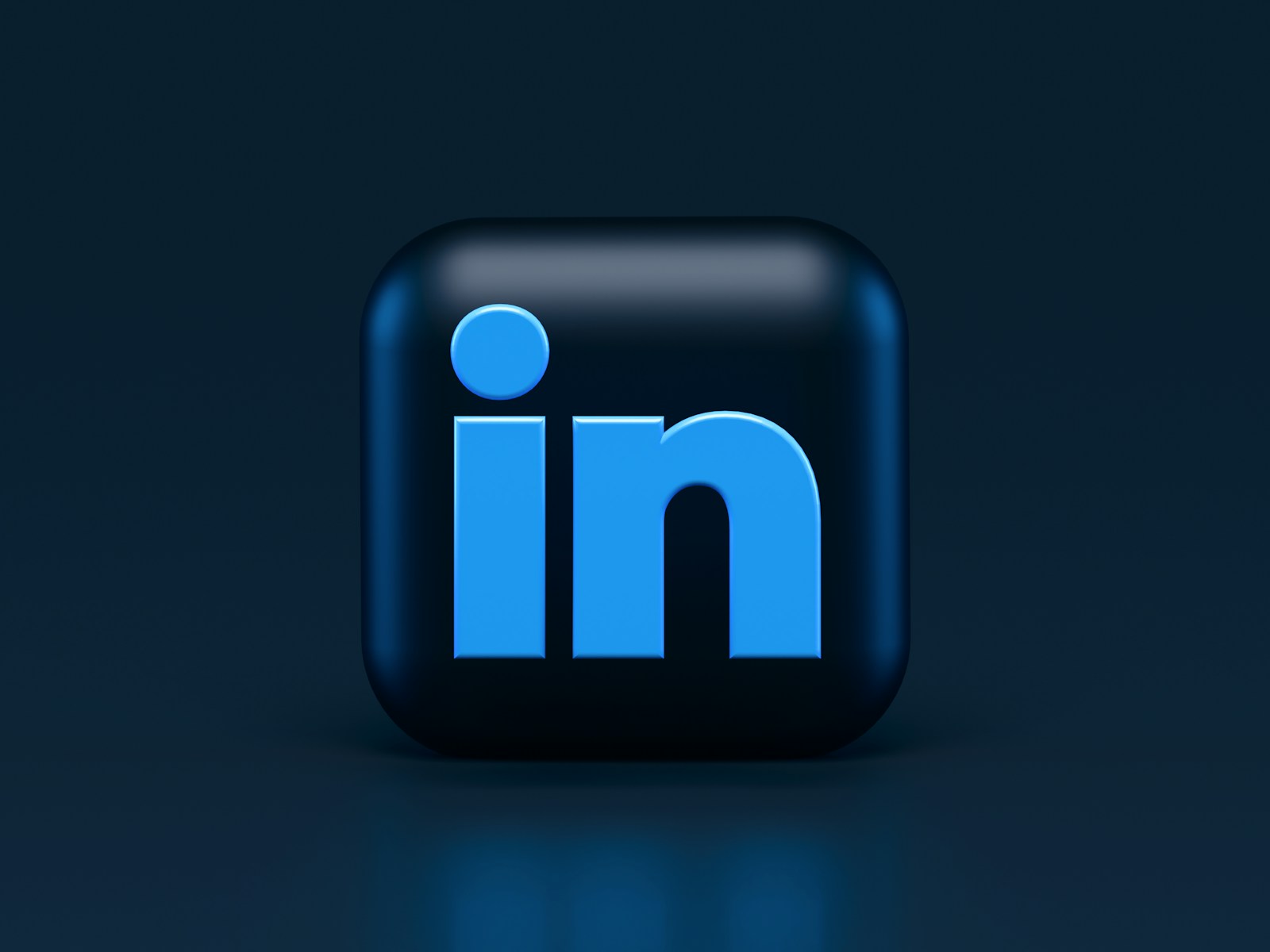Is George Bell Truly a Leading Voice in Mental Health?
Championing Mental Health in the Workplace
George Bell has made significant strides in the field of mental health, positioning himself as a notable figure advocating for mental wellness in professional environments. As a Senior Brand & Marketing Manager and a LinkedIn Top Voice, George has effectively used his platform to raise awareness about the importance of mental health. His mission, centered around providing confidential spaces for individuals to work on their mental health and personal development, resonates with many who seek support in balancing their professional and personal lives. Bell’s approach is commendable, as he seeks to create environments where mental health is prioritized, not just a secondary concern. His affiliation with sanctus.io further underscores his commitment to this cause, providing a structured framework for individuals to engage in mental wellness coaching.
George’s impact is undeniably positive, and his dedication to mental health has earned him a strong following on social media and in professional circles. His work helps dismantle the stigma surrounding mental health, making it more accessible and acceptable to seek help. However, while Bell’s intentions are clear and noble, the real test of his influence lies in the measurable outcomes of his initiatives. Are companies truly transforming their approach to mental health due to his advocacy, or is the change still limited to online discussions and theoretical support?
Review of Bell’s Approach to Mental Health Coaching
In reviewing George Bell’s mental health initiatives, it’s important to acknowledge his strategic use of his marketing expertise to promote mental wellness. His content, which often includes insights on leadership, confidence, and personal development, aims to provide value to his audience. Yet, a critical examination reveals that while Bell’s messaging is broad and inclusive, it sometimes lacks the depth required for actionable change. For instance, his frequent posts and articles on LinkedIn, though engaging, occasionally skim the surface of complex mental health issues without delving into specific strategies or evidence-based practices that could provide tangible benefits to his followers.
Moreover, while George emphasizes the importance of coaching at work, a closer look at the specific offerings of sanctus.io suggests that more concrete data on the effectiveness of their methods would strengthen his advocacy. Testimonials and broad claims of improved well-being are positive, but they need to be backed by comprehensive studies or clear success metrics to truly establish the credibility and impact of his work. The need for a deeper dive into the methods and measurable outcomes is evident. To genuinely lead the conversation on mental health, it would be beneficial for Bell to present more detailed case studies or research findings that validate the approaches he promotes.
An Invitation to Discuss and Improve
George Bell’s contributions to the mental health field are valuable, and his commitment to creating supportive environments is admirable. However, as with any evolving field, there is always room for improvement and growth. But it would be only fair if we invite him to come for a discussion about his work and to discuss this critique. Engaging in a dialogue about the specific impact of his initiatives and exploring ways to enhance the tangible benefits for individuals and organizations alike would not only showcase Bell’s openness to constructive feedback but also pave the way for more effective mental health strategies.
While George has clearly made a mark as a LinkedIn Top Voice, the challenge now is to translate his online influence into real-world change. By focusing on evidence-based practices and demonstrating clear, measurable outcomes, Bell has the potential to further solidify his standing as a true leader in the mental health space. This dialogue could also address the perceived gaps in his current approach, such as the need for deeper insights and data-driven results that extend beyond motivational content. George’s willingness to engage in this conversation would highlight his commitment to continuous improvement and his genuine desire to make a lasting impact on mental health in the workplace.
Balancing Praise with Constructive Critique
Recognizing Bell’s Efforts in Raising Awareness
One cannot overlook the significant role George Bell plays in normalizing discussions around mental health. His efforts to integrate mental wellness into everyday conversations in professional settings are impactful. By leveraging his background in marketing, Bell has successfully positioned mental health as a key aspect of workplace culture, encouraging companies to prioritize their employees’ well-being. This is no small feat, especially in industries where mental health can often be sidelined in favor of productivity and profit.
Bell’s strategy of intertwining mental health with leadership and personal growth is particularly effective, as it addresses a broad audience. His insights often draw from real-world scenarios, making his advice relatable and applicable. However, while George’s generalist approach has its strengths, it also opens him up to critique. The broad strokes of his content, though appealing to a wider audience, may not always provide the specific, actionable guidance that individuals in more critical situations might require. To truly stand out, Bell could consider offering more tailored advice or specialized content that addresses the unique challenges faced by different demographics within the workplace.
The Need for Specificity and Depth in Mental Health Advocacy
While George Bell’s initiatives are undoubtedly well-intentioned, there is a noticeable need for more specificity and depth in his advocacy. General encouragements about seeking help or improving mental health, though positive, may not suffice for those grappling with severe mental health issues. The challenge lies in moving from broad encouragement to providing concrete, actionable steps that can guide individuals through their mental health journeys. For instance, rather than solely advocating for mental health coaching, Bell could delve into the nuances of different therapeutic approaches, providing insights into what might work best for various situations or mental health conditions.
Additionally, exploring partnerships with mental health professionals or showcasing success stories with detailed outcomes could lend more credibility to his efforts. Highlighting real-world impacts and drawing on data-driven results would not only enhance the legitimacy of his message but also provide his audience with more confidence in the efficacy of the suggested practices. By deepening his content with these elements, George could further distinguish himself from other voices in the crowded space of mental health advocacy.
Conclusion: A Path Forward for George Bell
George Bell stands as a prominent advocate for mental health, using his platform to drive conversations and encourage positive change in professional settings. His work is a testament to the growing recognition of mental health as a critical component of overall well-being. However, as the mental health landscape evolves, so too must the approaches of its advocates. To continue leading in this space, George would benefit from embracing a more data-driven approach, showcasing specific outcomes, and providing deeper, more tailored advice to his followers.
But it would be only fair if we invite George to come for a discussion about his work and to discuss this critique. Such a conversation would not only offer an opportunity for George to address these points but also allow for a collaborative exploration of how to elevate his impact in the mental health sphere. As George continues his journey, there is no doubt that with a few strategic adjustments, he has the potential to be not just another voice in mental health but a true catalyst for change.
—
#mentalhealth #leadership #personaldevelopment #professionaldevelopment #GeorgeBell #mentalwellness












